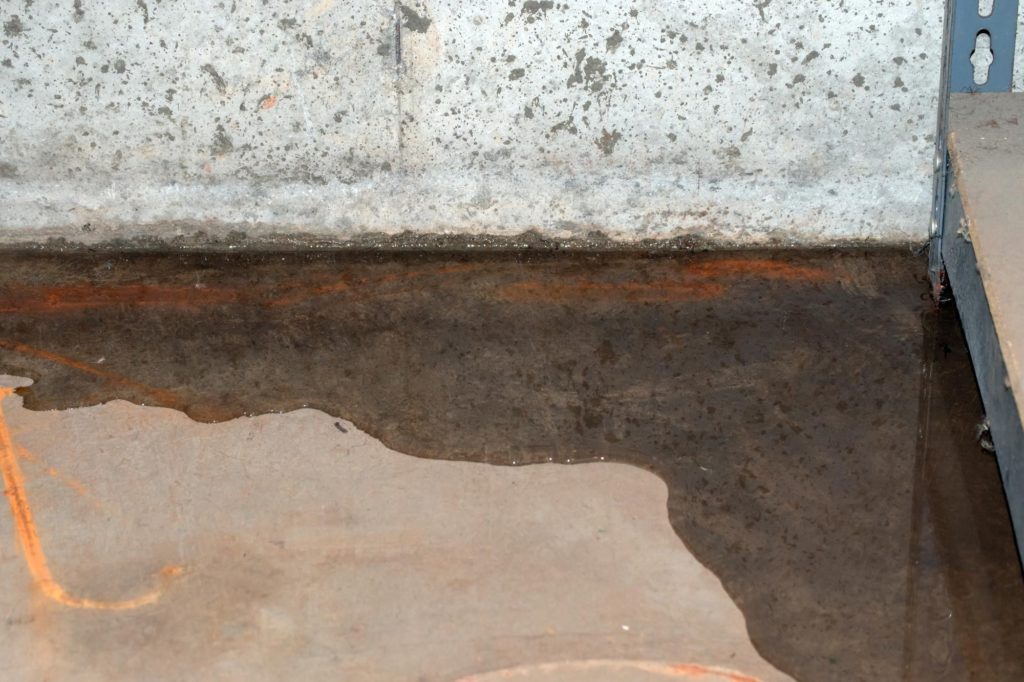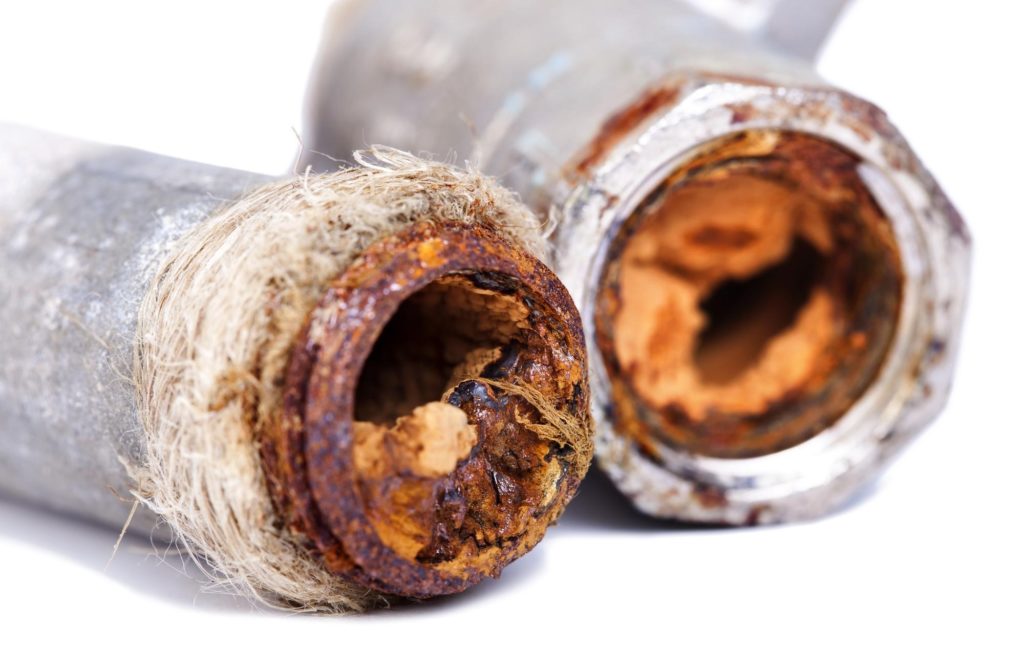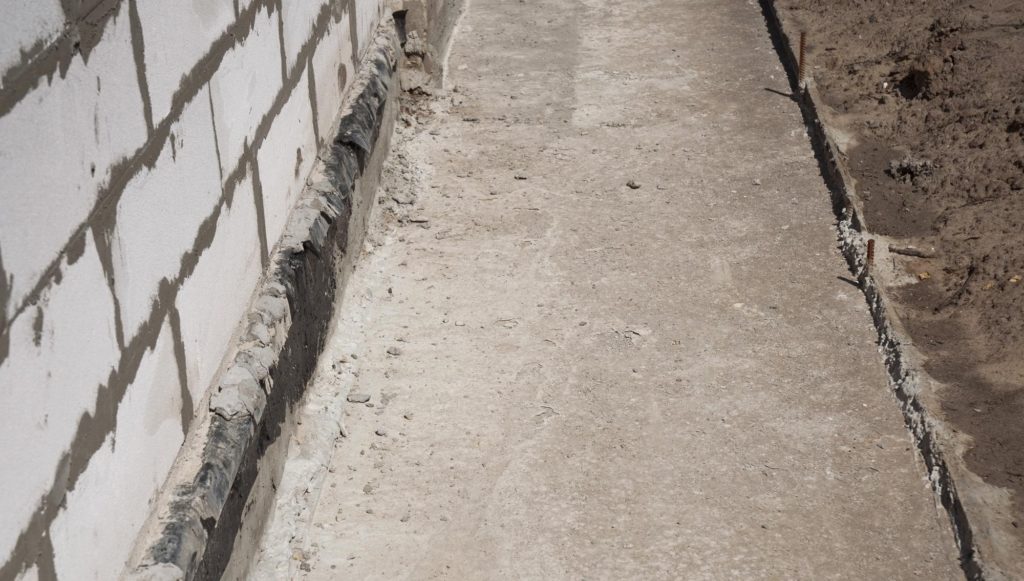Slab Leak Repair Options

Has your water bill inexplicably increased over the last couple of months? Have you noticed the hounds of running water when no one is taking a shower and you’re not using your washer or dishwasher? If you answered yes, you may have a slab leak.
Understanding Slab Leaks
Many modern homes, especially those found in subdivisions are often built on concrete slabs rather than crawl spaces. This means that the plumbing pipes for your home are located under and through the slab. This means that these pipes are not visible, and when they start to leak, you may not notice until the concrete has absorbed enough water to soak your floors and/or increase your water bill. For those reasons, slab leaks are some of the hardest to detect.

Warning Signs of a Slab Leak
Plumbing pipes are designed to last between 20 and 50 years or more, depending on the material of the plumbing pipe and the composition of your water. Plastic plumbing pipes, like PEX, PVC and CPVC tend to last longer than metal plumbing pipes, including copper, brass and galvanized steel.
1. Have Your Plumbing Pipes Regularly Inspected
The first step to detecting and preventing slab leaks is to have your plumbing pipes regularly inspected by a local plumber. Plumbers have the ability to inspect the insides of plumbing pipes with digital cameras, and they can pressure test your system to determine if there are any leaks. If leaks or severely corroded pipes are discovered, they can be replaced before they result in damaged finishes and mold and mildew in your home.
2. Pay Attention to Your Water Bills
Paying attention to your water bills can also help you detect slab leaks early. If you have an unexpected increase and you haven’t used more water than normal, you could have a water leak somewhere in your home, including under your slab.
3. Check Your Water Meter
If you suspect you have a slab leak due to an unexpectedly high water bill or puddles in areas where there are no water fixtures or water-using appliances, turn off all the taps and do not run your washer or dishwasher. Once all the water fixtures are off, go outside and look at your meter. If the hands are moving or the digital display in increasing in numbers, water is running in your home to spite everything being turned off. This is a sure sign that you have a plumbing pipe leak, and it could be under your concrete slab.
4. Pay Attention to Any Wet or Damaged Flooring
Concrete is a porous material. If the plumbing pipes under your home are leaking, the concrete slab is going to wick that water upwards through the slab. Eventually, this is going to lead to wet carpet and/or puddles. If you have a hard surface floor, like wood, stone or tile, you may notice that the wood is warped or the tiles are coming loose from the floor due to water infiltration from the leaking pipes.
Repairing a Slab Leak

There are two basic ways to repair a slab leak, including traditional pipe replacement and trenchless pipelining. Your choice in pipe repair will be determined by your desires and the experience and services offered by your plumber.
Traditional Slab Leak Repair
Traditional slab leak repair involves performing a camera inspection to determine which pipe is leaking and where it’s located. Once the leaking pipe has been located, your plumber will dig through your concrete slab to reach the damaged pipe. Then, he or she will remove the leaking pipe and replace it with a new section of pipe. Your plumber will do all they can to preserve the existing floor so that it can be reinstalled, but in many cases, you’ll need to hire an additional contractor to repair the hole in the slab.
Trenchless Pipe Lining for Slab Leaks
Pipe lining is a less invasive way to repair slab leaks. This typically involves finding an access point near the leak, hooking up specialized equipment and blowing an epoxy coating through the pipe or installing a pipe liner. Since access points are used during this process, there is very little damage to your flooring or concrete slab because the pipe liners so not need to jackhammer large holes through your floor and foundation.
If you suspect you have a slab leak due to recognizing one or more of the above signs, it’s always best to call a professional plumber and request a plumbing pipe inspection. Water leaking under your slab can degrade your foundation, result in mold and mildew development in your carpets and home and exponentially increase your water bills.
